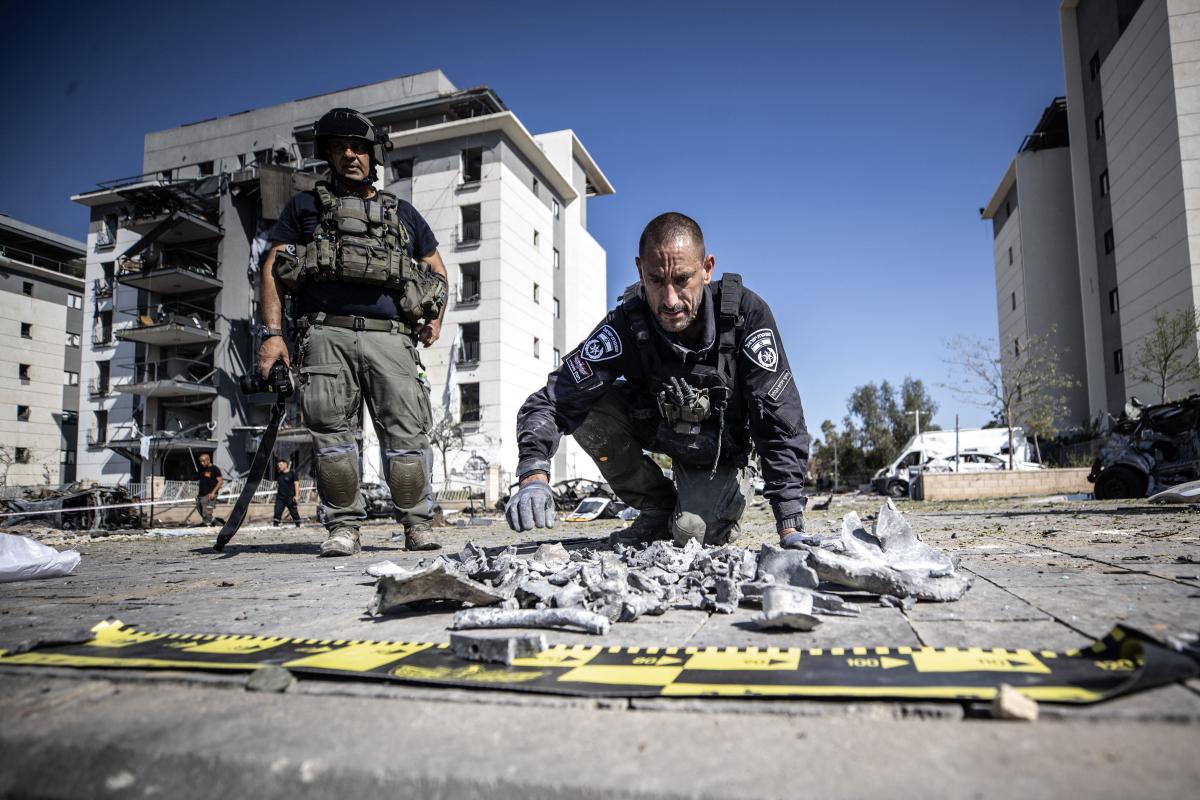The Middle East stands on the brink of ignition. The war between Israel and Iran has been etched into the region’s historical trajectory for years. But the horrific October 7 attack on Israeli soil may have served as the political and military trigger: the Israeli army (Tsahal) has since attempted to eliminate Iran’s proxies—chiefly Hezbollah and Hamas—while also targeting the Houthis. In Israel’s military logic, the next step would be a direct strike on the regime of the mullahs to reach the source: Iran’s developing nuclear weapon aimed at destroying the Jewish state.
Beyond political justifications, these interventions—unfolding amid multiplying regional conflicts that increasingly resemble a kind of “regional World War III”—raise a fundamental question about international law. Before World War II, the predecessor of the United Nations, the League of Nations, had no real say when Nazi Germany launched its aggressions.
This military escalation in the Middle East revives concerns about the respect for international law. Israeli airstrikes on nuclear sites have been condemned by the International Atomic Energy Agency (IAEA), which warned that such attacks threaten nuclear safety and regional peace. Russian President Vladimir Putin has called Israel’s actions a violation of the United Nations Charter, while UN Secretary-General António Guterres has appealed for de-escalation… But did Putin ask the UN Security Council for permission before launching his war on Ukraine?
Violation of the Geneva Conventions
Iran has denounced Israeli strikes as “war crimes,” particularly after an attack on a hospital. Israel, for its part, has accused Iran of “criminal” attacks on civilians, including a strike on Soroka Hospital in Beersheba. These mutual accusations highlight potential violations of the Geneva Conventions, which are meant to protect civilians and non-military infrastructure during times of conflict.
International law is built on clear norms—such as the prohibition of attacks on nuclear sites and the protection of civilians. Yet today, this legal framework is largely undermined by the absence of any binding enforcement mechanism. There’s a wide gap between the humanitarian principles of the UN and their actual application on the ground. Veto power in the UN Security Council, coupled with the geopolitical interests of major powers like the United States, Russia, and China, limits the ability to impose sanctions or intervene. This is no secret. The more powerful the nation—or the more powerful its allies—the easier it becomes to bypass UN vetoes. The U.S., a close ally of Israel, has coordinated certain military operations, while Russia continues to support Iran diplomatically. The risk of a much broader conflict is very real.
If international law isn’t upheld by some, what can we say to others? Israel exists in a constant state of existential threat—that’s true. But what will we say to China if it invades Taiwan tomorrow?
People are suffering. They need to know that the rules of international law still matter—and will be respected.
Please post your comments on:
[email protected]
 Politics
Politics














